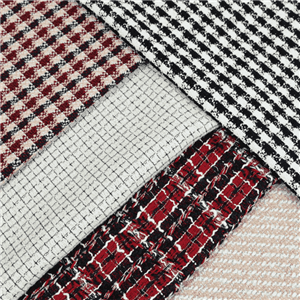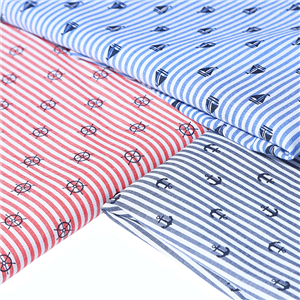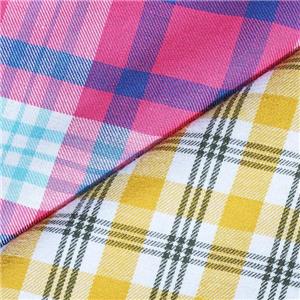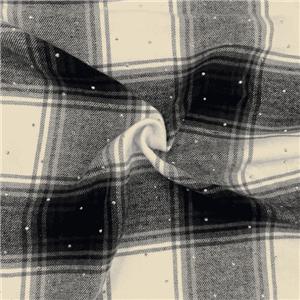Comment atténuer l'impact des tarifs douaniers américains sur les achats de tissus tissés
Introduction to U.S. Tariffs on Woven Fabric
The textile industry has always been dynamic, but recent U.S. tariffs on woven fabric have added complexity for businesses in the supply chain. With rising costs, manufacturers and retailers are feeling the impact. As a leading woven fabric manufacturer, Honry Fabric understands how crucial it is for businesses to navigate these changes effectively.
Understanding the consequences of these tariffs is key to staying competitive in a fluctuating market. However, businesses can mitigate these costs and continue providing high-quality products by adopting smarter sourcing strategies and staying informed about global trends. This article explores the impact of U.S. tariffs on woven fabric and provides actionable strategies to help your business thrive despite the challenges.
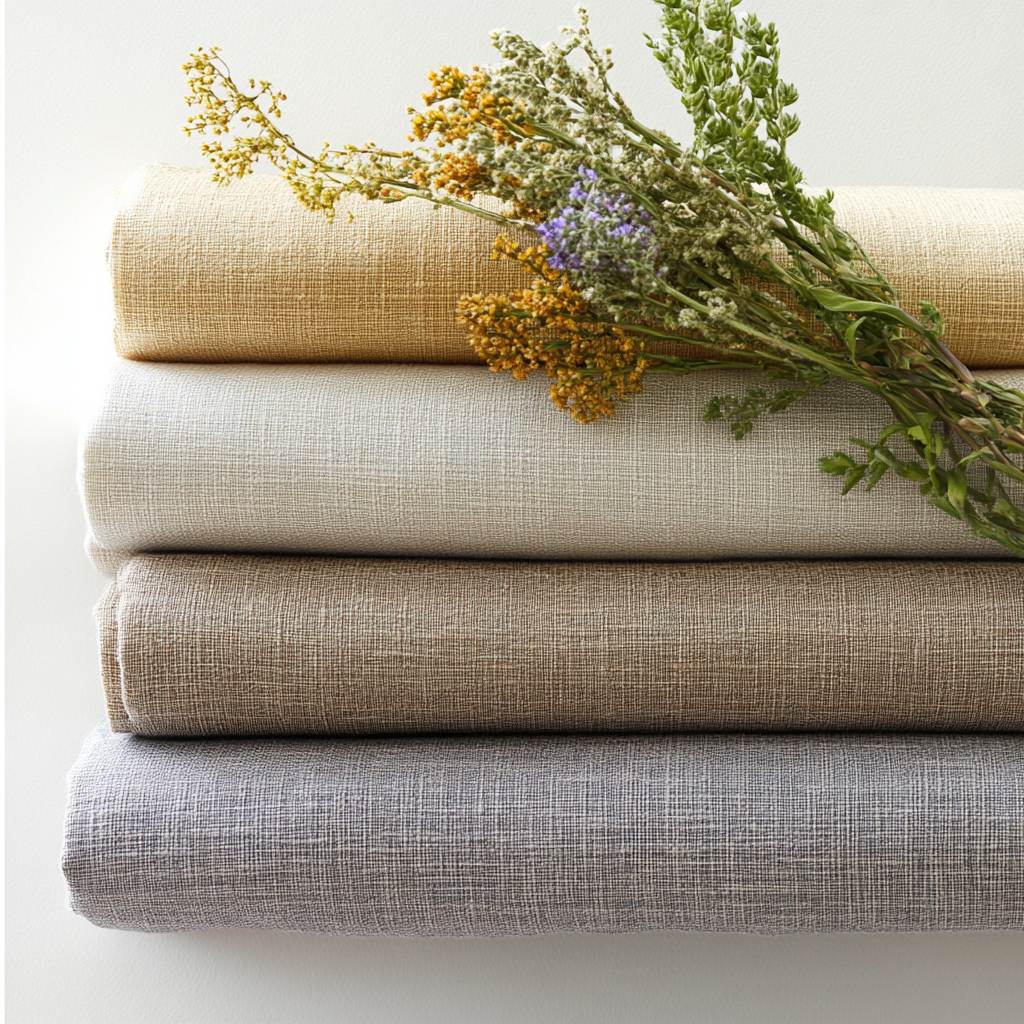
Understanding the Impact of Tariffs on Woven Fabric Purchases
U.S. tariffs significantly influence how businesses approach their fabric purchases. These tariffs, applied on imports, drive up prices, affecting the cost of goods for manufacturers, retailers, and ultimately consumers.
Rising Costs: Increased tariffs on imported woven fabric mean that buyers might pay more for materials, translating into higher product prices in retail.
Supply Chain Disruptions: Woven fabric manufacturers may face delays and increased production costs as they navigate complicated customs regulations and seek alternative suppliers.
Domestic Production Growth: In some cases, these tariffs can drive more manufacturers to explore domestic production or alternative markets with fewer tariffs. However, this comes with its own challenges, such as limited availability or higher production costs.
For businesses like Honry Fabric, which specializes in high-quality woven fabrics, understanding these dynamics is vital to maintaining profitability and reliability for our clients, including those in apparel and home décor.
Strategies for Mitigating Tariff Costs
With U.S. tariffs on woven fabrics, businesses need to adapt to avoid passing on steep costs to consumers. Here are strategies to mitigate these challenges:
Explore Alternative Suppliers
By sourcing fabrics from countries with fewer or no tariffs, businesses can reduce overall material costs. At Honry Fabric, we provide a range of customized woven fabric options, offering competitive pricing without compromising quality.Consolidate Shipments
Ordering larger quantities less frequently can lower transportation costs and reduce the tariff burden per unit. Businesses can also plan shipments more strategically, allowing them to take advantage of bulk shipping discounts.Monitor Tariff Changes & Trade Agreements
Keep a close watch on trade negotiations and any tariff modifications. At Honry Fabric, we stay informed about the latest tariff updates to help our clients adjust their sourcing strategies.Utilize Inventory Technology
Implementing sophisticated inventory management systems enables businesses to make smarter purchasing decisions, optimize stock levels, and reduce overstocking risks, which can help lower operational costs.Engage in Open Negotiations
Transparent conversations with both suppliers and customers can lead to mutually beneficial agreements, such as volume discounts or shared tariff-related costs. As a trusted woven fabric supplier, Honry Fabric works closely with clients to create flexible, cost-effective solutions.
Diversifying Suppliers and Products
One of the most effective ways to manage tariff costs is supplier diversification. By reducing dependence on a single supplier or region, businesses can better mitigate risks associated with global trade fluctuations.
Regional Sourcing: Expanding your sourcing base across different regions reduces reliance on one market. Countries with trade agreements or fewer tariffs can offer competitive pricing for woven fabric materials.
Product Diversification: Consider offering a broader range of woven fabric products. At Honry Fabric, we specialize in yarn-dyed fabrics like denim, cotton, and blends, providing our clients with tailored options that meet their market needs.
Utilizing Duty Drawback Programs
For businesses dealing with high import tariffs, duty drawback programs can be a game-changer. These programs allow manufacturers to reclaim part of the tariff cost when importing goods, helping to recover some of the additional expenses.
Claiming Duties: By working with customs brokers and keeping accurate records, businesses can file claims and potentially recover up to 99% of the duties on certain imports, including woven fabrics.
Honry Fabric's Role: As a global woven fabric manufacturer, we are well-versed in helping our clients navigate customs processes efficiently. Our experienced team can provide guidance on how to leverage duty drawback programs to reduce overall tariff-related costs.
Negotiating with Suppliers and Customers
Negotiation is a critical tool in managing the financial strain caused by tariffs. Here are some tips:
Strong Supplier Relationships
At Honry Fabric, we prioritize building long-term relationships with suppliers. This enables us to negotiate better terms and keep costs competitive even when tariffs rise.Leveraging Bulk Orders
For customers, committing to bulk orders or long-term contracts with Honry Fabric can provide significant price advantages. This type of arrangement can help you lock in competitive prices, reducing the impact of any tariff increases.Customer Education
When discussing pricing adjustments with customers, highlight the value of the woven fabrics you provide. By emphasizing quality, durability, and design flexibility, businesses can justify price increases due to tariffs.
Conclusion
The rising demand for yarn dyed fabric in the home and apparel sectors is clear, but U.S. tariffs on woven fabrics have brought new challenges for manufacturers and retailers alike. However, by strategically diversifying suppliers, utilizing duty drawback programs, and negotiating effectively with both suppliers and customers, businesses can continue to thrive despite rising costs.
At Honry Fabric, we are committed to helping our clients stay ahead in this evolving landscape. As a trusted woven fabric manufacturer, we offer high-quality, customizable woven fabrics that allow businesses to navigate tariff challenges successfully. Our focus on sustainability and innovation ensures that you always have the best fabric solutions for your market.

